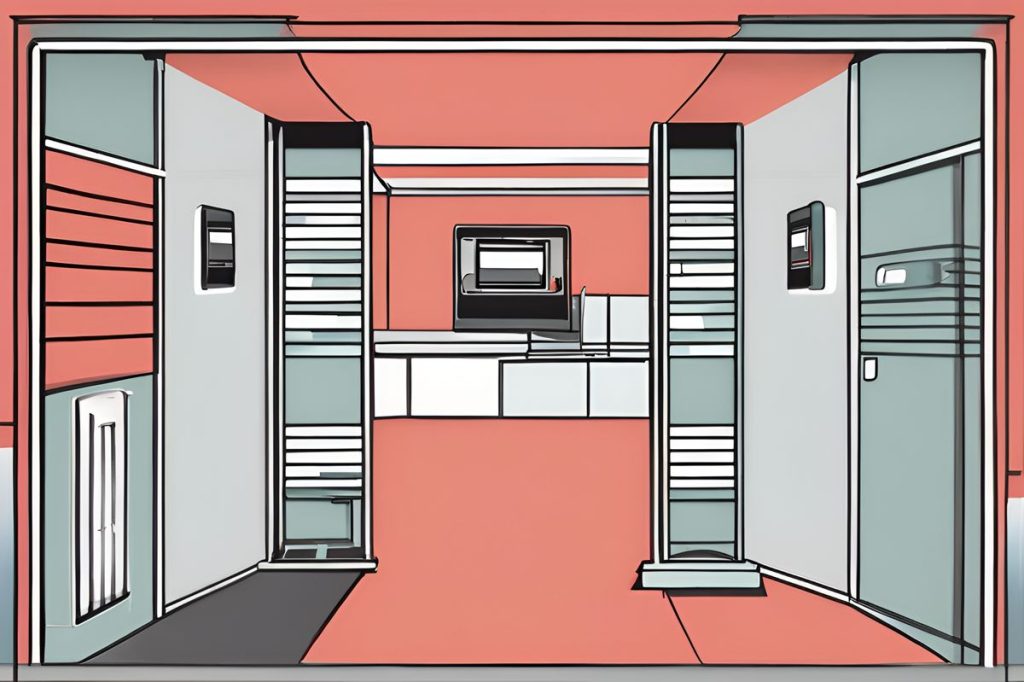Private kindergartens must follow strict CCTV regulations to balance safety and privacy. Cameras are allowed at entrances and exits, but not in classrooms or sensitive areas like toilets. The Data Protection Commissioner’s office provides clear guidelines to ensure data security and restricted access for the protection of children and staff.
What are the CCTV regulations in private kindergartens for balancing safety and privacy?
Private kindergartens must adhere to specific CCTV regulations to balance safety and privacy. Cameras are allowed at entrances, exits, and parking areas but prohibited in classrooms, common areas, and sensitive spaces like toilets. Recording personal interactions and audio surveillance are also strictly banned. Kindergartens should complete a privacy impact assessment and ensure data is secure and access is restricted.
Balancing Safety and Privacy
As technology becomes increasingly embedded in our daily lives, the use of closed-circuit television (CCTV) systems in schools has sparked a debate on privacy versus security. The Data Protection Commissioner’s office has recently addressed the concerns surrounding the installation and operation of CCTV in private kindergartens. While the administrations of these institutions have the responsibility to protect their property, they are also tasked with the duty of upholding the privacy of the children and staff under their care.
The Commissioner’s statement delineates clear guidelines for the placement of cameras. Legally, CCTV can be installed at the entrances and exits of the kindergarten, along with adjacent private parking areas. This measure ensures a secure perimeter while limiting the surveillance to spaces that do not compromise personal privacy.
Indoor Surveillance Restrictions
The privacy of indoor spaces is paramount in educational settings, especially for young children. The Commissioner’s office explicitly prohibits the use of CCTV cameras in indoor spaces such as classrooms, common areas like corridors and kitchens, and particularly in sensitive areas such as toilets and playgrounds. This restriction is in place to safeguard the personal space of individuals and to prevent any form of intrusive monitoring.
Additionally, the use of CCTV outside of operating hours is subject to stringent conditions. It can only be allowed if it does not infringe upon individual privacy, ensuring that the rights of everyone involved are respected even outside of school time.
Regulation on Recording Personal Interactions
The statement from the Commissioner’s office also touches on the matter of recording personal interactions. It is clear that such practices are not permissible, even with consent, due to the inherent power imbalances between employers and employees. This stance reinforces the ethical considerations that must be taken into account when implementing surveillance technologies.
Recording sound is another aspect that is strictly controlled. Audio surveillance is considered overly invasive and is therefore not allowed under any circumstances in kindergartens. This approach is in line with broader data protection principles that prioritize the minimization of data collection and the protection of sensitive information.
Implementing CCTV with Care
When installing CCTV systems, kindergarten administrations must tread carefully to balance their security needs with legal and ethical obligations. It is crucial to conduct a thorough privacy impact assessment to ensure compliance with data protection laws. Such assessments help identify potential risks to privacy and enable institutions to implement measures that minimize those risks, such as ensuring that the surveillance system is only accessible to authorized personnel and that the data captured is securely stored and regularly deleted in accordance with retention policies.
In conclusion, the use of CCTV in private kindergartens is a topic that requires careful consideration of both legal guidelines and the sensitivity of the educational environment. By establishing clear boundaries and adhering to strict regulations, kindergartens can create a secure space without encroaching on the personal liberties of children and staff.
What are the CCTV regulations in private kindergartens for balancing safety and privacy?
Private kindergartens must follow specific regulations regarding the use of CCTV cameras to ensure the safety and privacy of children and staff. Cameras are allowed at entrances, exits, and parking areas, but they are not permitted in classrooms, common areas, or sensitive spaces like toilets. Additionally, personal interactions cannot be recorded, and audio surveillance is strictly prohibited. Kindergartens should conduct a privacy impact assessment and ensure that data security measures are in place.
What areas are restricted from CCTV surveillance in private kindergartens?
Indoor spaces such as classrooms, common areas like corridors and kitchens, and sensitive areas like toilets and playgrounds are strictly prohibited from CCTV surveillance in private kindergartens. This restriction is in place to protect the privacy and personal space of individuals, especially young children. Additionally, recording personal interactions and conducting audio surveillance are not allowed to safeguard the rights and dignity of everyone in the kindergarten.
What guidelines are provided by the Data Protection Commissioner’s office for CCTV usage in private kindergartens?
The Data Protection Commissioner’s office offers clear guidelines for the use of CCTV cameras in private kindergartens. These guidelines specify where cameras can be placed, such as entrances, exits, and parking areas, and where they are prohibited, such as classrooms and sensitive areas. The office also emphasizes the importance of data security, restricted access, and conducting a privacy impact assessment to ensure compliance with data protection laws and safeguard the rights of children and staff.
How can private kindergartens ensure compliance with CCTV regulations while balancing safety and privacy?
Private kindergartens can ensure compliance with CCTV regulations by following the guidelines provided by the Data Protection Commissioner’s office. This includes placing cameras only in approved areas, restricting access to surveillance data, and conducting a privacy impact assessment to identify and mitigate privacy risks. By implementing these measures, kindergartens can create a secure environment while respecting the privacy and dignity of children and staff.

